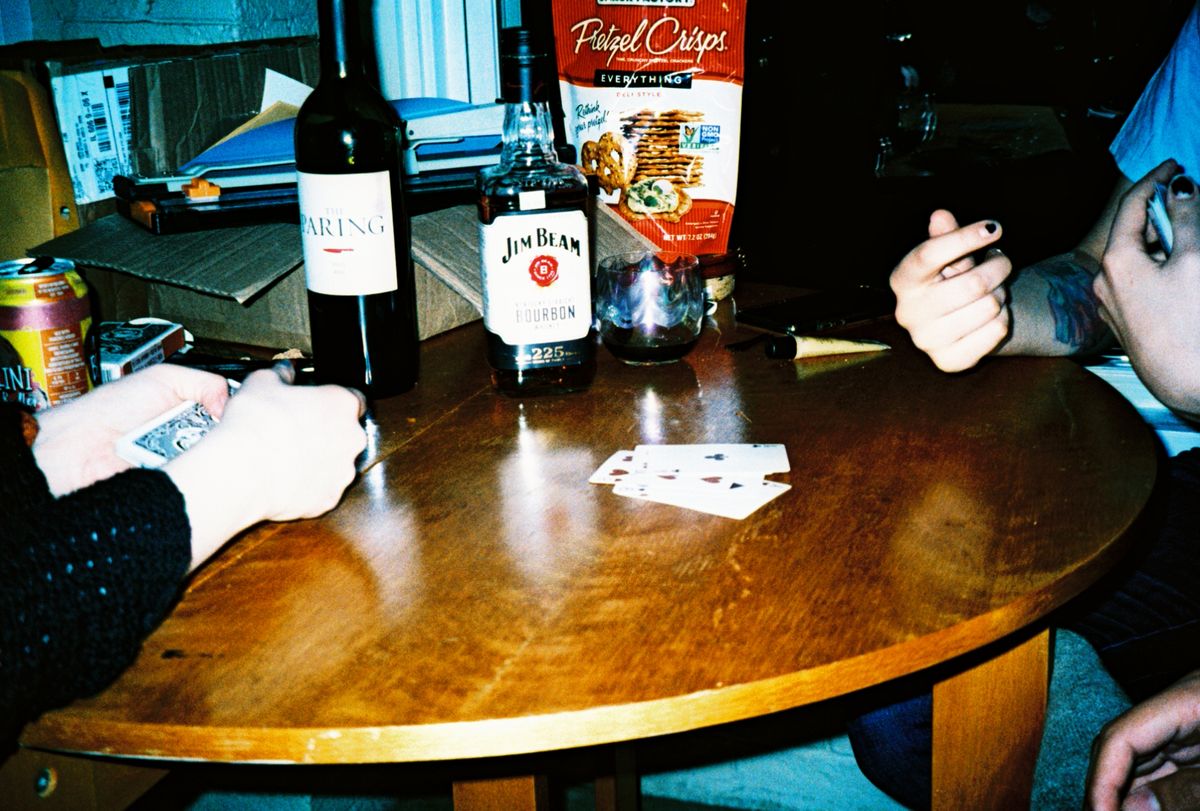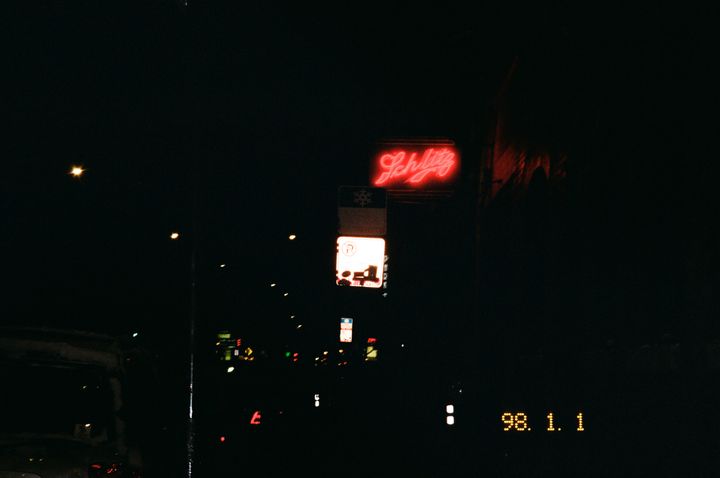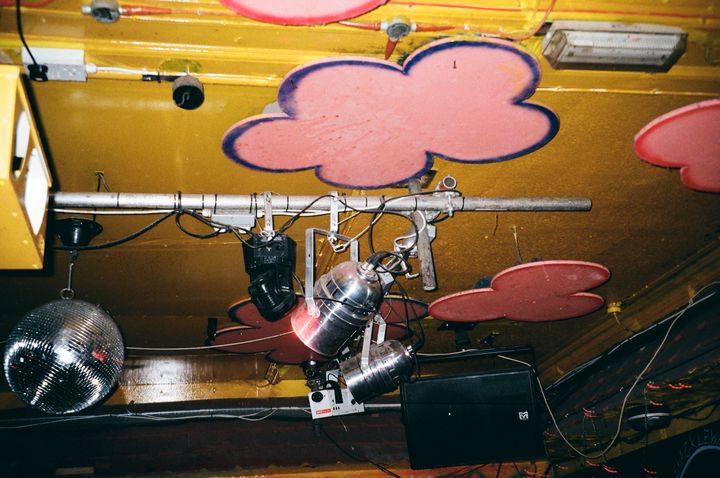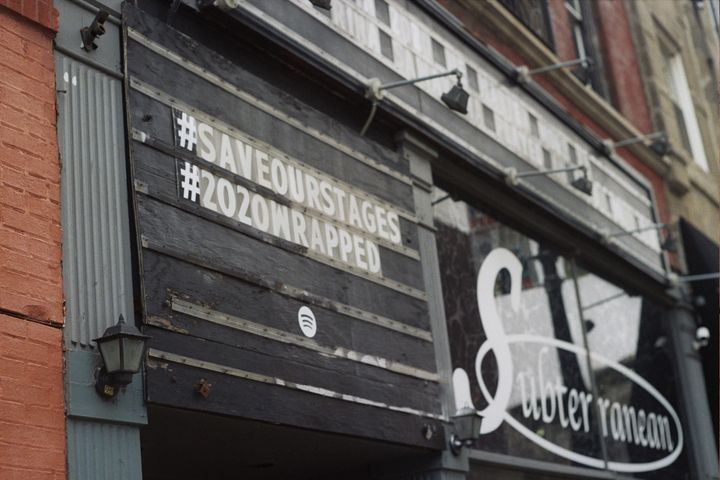real death
or a discussion on death, mount eerie, my grandfather, and Anthony Bourndain's AI voice.

Lots of this newsletter is about music I don't love. That isn't meant flippantly or shallowly. It's also not meant to thoughtlessly degrade music of the past just because it's from the past. To dislike something, to really feel something about a piece of art, is something unilaterally beautiful. Sometimes it becomes obvious that music is overwhelmingly informed by its context and my writing skews that way, but that is out of compassion for art that has a rich surrounding or that lives as beautiful favorites of people I respect, not flippancy toward the art itself. Rarely do I write about music I love. Never would I waste my time writing about music I feel nothing about. Exploring complexity is infinitely more compelling than gushing fun facts and tidbits of info about meanings behind songs I love.
On the other side of that is that I equally rarely discuss music that I hate. There isn't much of it. Most of it is more to do with my audio processing disorder finding some noises so irritating I cannot cope. Most of my musical distaste lives in indifference. The only thing I really hate is Mount Eerie's 2018 album Now Only.
I remember the first time I listened to it. I was in my parents' kitchen on the day of its release. I wasn't familiar with the artist but the press narrative was compelling. Man writes confessional records about dead wife. Sure. I'm intrigued.
Then I listened and I thought it was.. Horrible.
Disgusting.
Grotesque.
This description of death and his child and his house falling apart. This incredibly normal description of his absurd life at a music festival. This album about visceral grief and also Skrillex is there. It's not without humor, but uncomfortable in a way nothing I'd ever heard before was. I don't think anything is like it. Not even its predecessor, the more artfully titled A Crow Looked at Me.
Specifically the song "Earth" made me feel sick. This horrible, deep feeling of discomfort. I listen to it now and I want to change the song. There is no music I hate listening to like I hate this. It's like a room full of comically sized Francis Bacon paintings. Or maybe it's closer to accidentally seeing a snuff film when you're 13 because one of your friends is a little too online too young.
It's that frankness about death and decay is uncomfortable and I guess that's really what this is about. It's not only Real Death (pun intended), but it's death in the way people in America typically do not experience. Death is usually a formal affair– or at least the dead body is formal. We dress our dead in suits and dresses and we paint them with makeup to look as "normal" as we can. We put them in huge coffins. We have a massive industry making sure we're keeping our dead at an arms length. Things like cryogenics and fascinations with living forever– or the promise of it at least– are all tools to keep our mortality at bay, but even what we've deemed "normal" funerals keep us from ever truly sitting with and honoring our dead.
Like Phil Elverum, the first dead body I ever saw was my great grandfather. His funeral is one of my earliest memories. I remember drinking soda in the basement of the church with my cousins and being shuffled away from the adults to be put in the care of my second cousin who was older than the rest of us.
The first time I watched someone get sick and die was my paternal grandfather. This time I watched as my family cried and mourned him at a casual service at the cemetery. My grandparents lived in Connecticut– 16 hours from my parents in Illinois– for my entire life so visits were few and far between. What those visits always brought was an inevitable Sunday where my grandmother would go to church where she sang in the choir and my grandfather would stay home. Sometimes the kids would get to stay with him. We'd get donuts and watch him drink coffee and smoke the Marlboro Reds that lived in the breast pocket of his short sleeve plaid shirts. He'd talk to us like adults and pull little pranks on us and let us play on his seemingly impossibly fancy iMac.
When he died I felt it crash against my family in a way I'd never experienced, but we knew it was coming. It's what lung cancer does. I mourned his loss the last time I saw him when he could hardly speak.
But when I think about his death– his actual death– I don't think about that.
My grandfather was cremated, but he was buried in a cemetery in Indiana not far over the Illinois border where he lived much of his life. What that meant was my uncle had to drive his ashes from Connecticut to my parents' house in Illinois. He had young children, so the urn was packed in an Amazon box.
I remember standing with my cousin chatting, messing with the box, and vocally wondering what it was. Then one of my uncles informs us it is, in fact, a box containing the ashes of our recently deceased grandfather. And I just freeze.
My cousin said, "why would you do that?!" or at least that's how I remember it.
That, to me, is real death and it felt closer to how I actual remember his life. My grandfather was funny and the smartest person I've ever known and never talked down to us. He often felt like the true counterpart to my grandmother. They were very different people, but they never felt at odds. It made sense that after he died he got to mess with me and my cousin then compromise with my grandmother on church one more time.
Then, when he was buried, my youngest cousin was able to say goodbye. He looked up at his dad and said he'll miss our grandfather. It all felt like grieving in a way that was close to my experience with this person I loved while he was living without trying to ignore that he was dead.
So much about the death industry seems like just trying to extend the lives of beloved people until you can push it out of your brain. I believe this method of keeping them as "normal" as possible causes nothing but extended pain. Accepting our bodies and lives as earthly and cyclical is a part of life. It has to be.
I think the discomfort of songs like those on Now Only face that in a way our popular culture so often refuses to and that's what makes it jarring. It's not overly poetic. It's also not cathartic like a lot of albums about the deaths of loved ones. It's just raw and horrible, but it's not without love and memory of his wife.
Today I went to see the new documentary about Anthony Bourdain. The Bourdain movie has garnered some controversy due to its inclusion of quotes read by an AI generated version of Bourdain's voice. I could pick out one while I was watching and I definitely don't think it was necessary, but I still cried my eyes out during the showing. I enjoyed the film. It was the catalyst for this newsletter, just not because of Bourdain's massive influence on my much improved relationship with food over the last couple years like it normally might have been. I left the film thinking about why the filmmaker would feel like he should use AI to create more spoken quotes from a man who gave us so many beautiful words through dozens of seasons of television.
The film is beautiful. It's a nuanced presentation of the man through anecdotes from his friends and loved ones. It's a picture of a complex person and of the aftermath of suicide without deifying him too much. But when I think about those lines read by a computerized version of his voice– when I think about how I can't pick out all of the lines that aren't really him– I don't know. It feels gross and distant from what someone should be trying to achieve.
Extending the lives of the dead not through memory but through these things they might have done or said were they alive is all over pop culture of the last ten years. You've got posthumous music from Pop Smoke and Lil Peep and any number of other rappers who died too young. Holograms of Tupac– all the conspiracies about Tupac and David Bowie and a bunch of other celebrities really. I firmly believe deepfakes of celebrities on TikTok is about two years from being full of dead celebrity impersonators.
It all just feels gross to not let the dead be dead. The obsession with consuming every possible scrap of art they may have created regardless of whether they would have released it in life, or said it in life, is bizarre to watch. To consume stuff like conspiracies about Kurt Cobain so long after his death is gross.
It is dehumanizing to view these real people as tragic fun facts and moneymakers. Acceptance of death and healthy mourning is important. Mourn and treasure artists who have died, but I'm concerned we'll go from the posthumous release to entirely AI generated new albums before we stop to criticize it.
I don't know where I land on the Mount Eerie record, but at least in its grotesqueness it made me confront something new. A version of death that I'd never been served before. A version of death I'm grateful to be confronted with.
Miranda Reinert is a music adjacent writer, zine maker, and law school drop out based in Philadelphia. Follow me on Twitter to hear more about music and uninformed basketball opinions: @mirandareinert. I also have a paid tier of this newsletter for $5 a month or $45 a year! If you do that I'll give you at least one free zine if you email me an address! Wow! Might want to get in on that! You may also just send me small bits of money at @miranda-reinert on venmo if you want. But as always, thanks for reading!



Comments ()